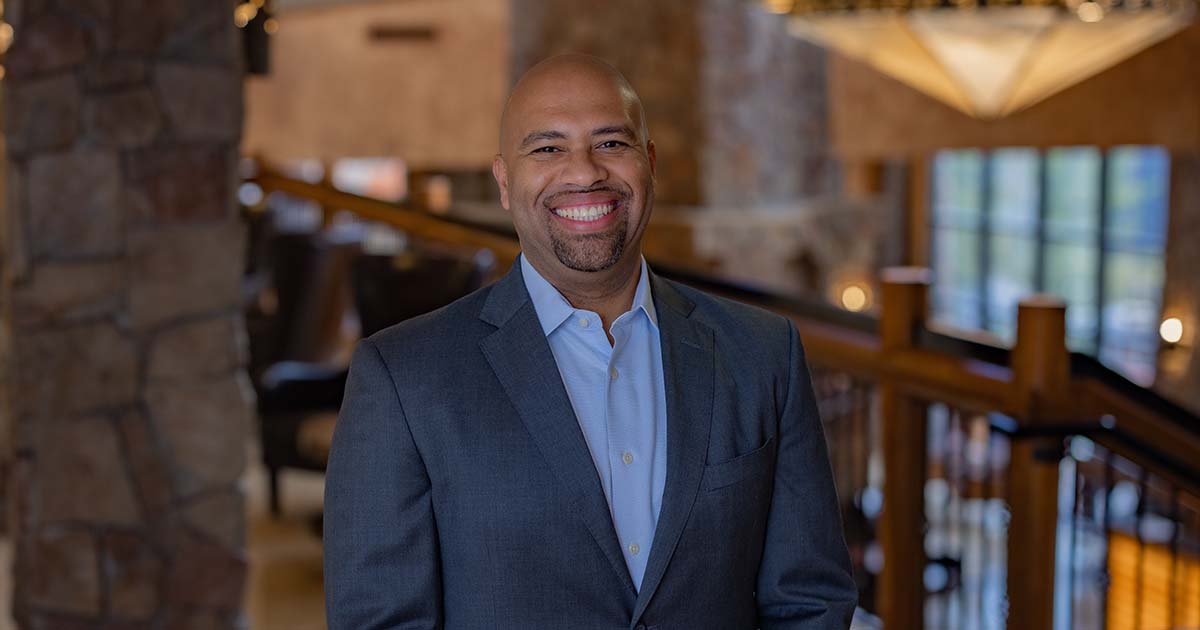Photo: Albert Marinez
What has ChatGPT wrought? A lot of nervous IT executives.
The power of artificial intelligence is growing by the day. And healthcare C-suite executives and health IT leaders have a lot to consider when it comes to applying the technology for clinical and administrative uses.
Albert Marinez, chief analytics officer at Intermountain Health, is attending the HIMSS23 Conference & Exhibition. Healthcare IT News sat down with him to get his insights into his health IT priorities and HIMSS23 expectations.
Q. As healthcare provider organization executives such as yourself gather for HIMSS23, what do you feel is the most important issue in healthcare information technology?
A. Harnessing the power of AI effectively.
Over the past six months, we have witnessed significant advancements in AI, particularly through ChatGPT and other generative AI technology. These developments have inspired us to explore new possibilities and opportunities for large language models in healthcare.
However, there still is much to learn about their capabilities and how to effectively integrate them into our systems. As we strive to advance this technology, it is crucial we prioritize addressing critical concerns related to patient safety, privacy and governance.
Despite these challenges, we are optimistic about the transformative impact that AI can have on improving the patient experience, reducing provider burden and cutting costs across a range of back-office activities.
To achieve these benefits, it is essential we take a human-centered design approach and re-envision healthcare workflows from the ground up, rather than simply applying new tools to outdated processes. By examining the experiences of different personas, we can design workflows that optimize the capabilities of AI and enhance the overall quality, cost-effectiveness and convenience of healthcare.
Q. What issues are you facing in your organization that you’re hoping to find help from the HIMSS23 educational sessions and exhibit hall?
A. Intermountain has undergone significant growth in recent years, resulting in a diverse landscape of EHRs and siloed systems. To achieve operational consistency and peak performance, we require effective strategies for integrating these disparate systems into cohesive information assets.
Our goal is to minimize data wrangling activities while optimizing and accelerating time-to-value for our internal stakeholders, using tools from companies like the data analytics company MDClone.
In addition, we prioritize responsible use of AI tools and solutions to ensure they do not perpetuate disparities or introduce bias into our standard of care. To achieve this, we are exploring ways to detect and correct potential biases and proactively monitor our algorithms to ensure they continue to perform appropriately.
Our commitment to responsible use of AI is unwavering, and we remain dedicated to advancing healthcare technology in a manner that prioritizes fairness and equity for all patients.
Q. What do you think are a couple of the major health IT challenges in the year ahead for CIOs, CMIOs, CISOs and other health IT leaders at provider organizations?
A. Health systems are currently experiencing unprecedented cost pressures, and health IT can be a significant expense. This will continue to be a major challenge over the coming year. We’ll need to explore ways to reduce costs while delivering superior services.
In the coming year, we will prioritize simplifying our tools, reducing complexity, and retooling workflows with our clinical partners to achieve cost savings.
Follow Bill’s HIT coverage on LinkedIn: Bill Siwicki
Email the writer: [email protected]
Healthcare IT News is a HIMSS Media publication.
Source: Read Full Article
